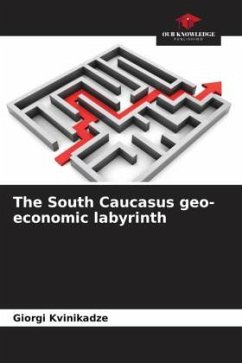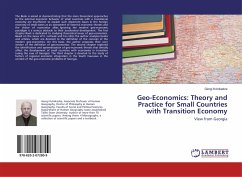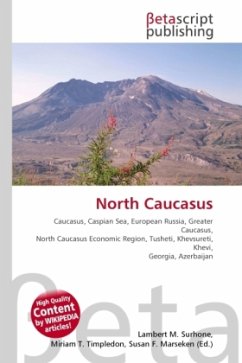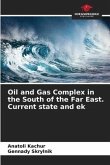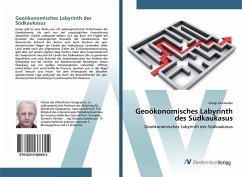Today, there are a number of often contradictory definitions of the geo-economy that deviate far from the original formulation. On this basis, the book examines the dynamics of the original concept of geoeconomics. The author's theoretical construct is used to examine the geo-economic issues of the South Caucasus countries. Each country aims to attain the common goals of civilization but pursues them in its own way. After the collapse of the Soviet Union, the countries of the South Caucasus (the so-called republics, essentially colonies of the Soviet empire) had to manage the transition from a centralised to a market economy. This transition was fraught with enormous difficulties. Often the economic processes developed spontaneously and usually by trial and error. Against this background of the current geopolitical situation, the book analyses the specifics of the geo-economic development of the post-Soviet Caucasus. Using Georgia as an example, the author tries to determine whether the existing system of foreign economic relations in the region is capable of responding to the process of implementation of negative geopolitical projects and what chances the region has of becoming a full-fledged player in the geoeconomic space.
Bitte wählen Sie Ihr Anliegen aus.
Rechnungen
Retourenschein anfordern
Bestellstatus
Storno

